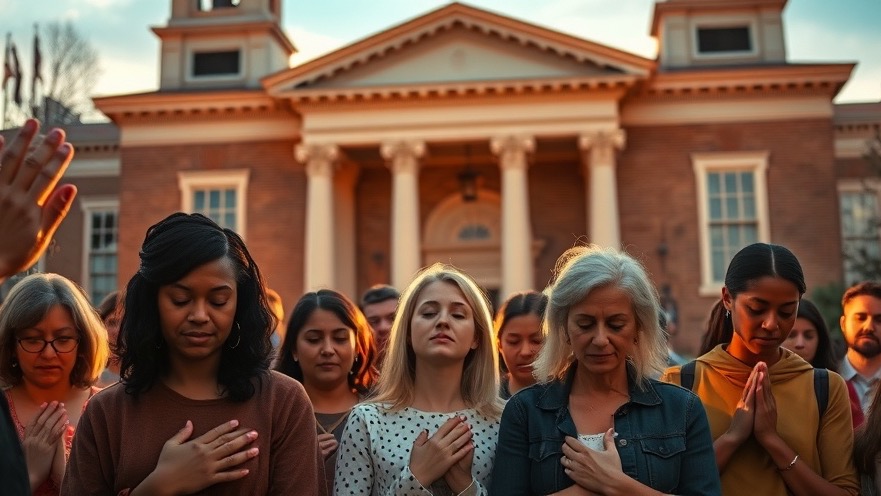
The Power of Business Diplomacy in Preventing War
In a world where tensions often lead to conflict, the idea that economic partnerships can stave off war presents a compelling viewpoint. Thomas Friedman’s assertion that “No two nations with a McDonald's franchise ever went to war with each other” underlines the importance of mutual financial interests as a stabilizing factor in international relations. This idea resonates particularly well when observing the diplomatic strategies employed by former President Donald Trump in the Middle East.
In McDonald's, War, and Why Trump’s Business Diplomacy Works, the discussion dives into the intriguing intersection of business and diplomacy, exploring key insights that sparked deeper analysis on our end.
Trump's Unique Approach to Diplomacy
Donald Trump’s philosophy of engaging directly with leaders from Muslim nations like the United Arab Emirates, Qatar, and Saudi Arabia centers around economic prosperity. Each state visits him with the expectation of striking multi-billion dollar deals, often presented in a competitive arena. This strategy fosters a culture of collaboration rather than antagonism, eliminating the room for conflict as both sides search for shared economic benefits.
The Role of Shared Interests in Global Stability
When nations invest heavily in each other, they create a web of interconnected interests that incentivizes peace. The discussions with leaders often include not just business agreements but also commitments to combating extremist ideologies. As Trump famously asserted during one of his visits, radicals need to be sidelined to allow for peace and prosperity—a stance that resonated with many leaders seeking stability within their borders.
Faith-Driven Support for Global Partnerships
This perspective aligns with the ethos of many faith-driven communities who believe that collaboration grounded in shared values can transform societies. For spirit-filled Christians and faith-driven conservatives, the discussions surrounding economic alliances speak to the biblical understanding of nations coming together for the common good. Prophetic believers could see in these partnerships a reflection of Isaiah’s vision where nations would flow to the house of the Lord (Isaiah 2:2-4), a time when war will cease and peace will reign.
The Critical Lens of Prophetic Insights
Looking back, one might draw parallels to biblical figures who navigated turbulent political landscapes through wisdom and negotiation. Just as Joseph's economic strategies saved Egypt and surrounding nations from famine, today’s leaders must engage in wise diplomacy that includes economic revitalization. This narrative reinforces the belief that God can work through business diplomacy, opening doors for revival and reconciliation globally.
Conclusion: Personal and Global Impact
As believers, the ongoing dialogues in global politics remind us of the profound influence our collective actions can have on the world stage. By participating actively in the vision of peace through collaboration, and by praying for our leaders, we can be part of a transformative movement that prioritizes unity over division. How might God be prompting you to engage in this space? Could this be a call to prayer or action in your own context?
For more reflections on current events through the lens of faith, join the community at Lance Wallnau for deeper insights. Together, let us continue to seek and promote peace in a world that desperately needs it.
 Add Row
Add Row  Add
Add 




 Add Row
Add Row  Add
Add 

Write A Comment